Top German industries on verge of collapse due to cuts in Russian gas, Germany’s union warns
Top German industries are on the verge of collapse due to cuts in Russian gas supplies, Germany’s top union official warns, more than four months after Berlin suspended Nord Stream 2, a giant pipeline project set to deliver Russian natural gas to Germany.
Yasmin Fahimi, the head of the German Federation of Trade Unions (DGB), sounded the alarm in an interview with the newspaper Bild am Sonntag on Sunday, before crisis talks with German Chancellor Olaf Scholz starting Monday.
“Because of the gas bottlenecks, entire industries are in danger of permanently collapsing: aluminum, glass, the chemical industry,” Fahimi said. “Such a collapse would have massive consequences for the entire economy and jobs in Germany.”
She said the current energy crisis is already pushing inflation to record highs, calling for a price cap on energy for households.
On February 22, Scholz announced the suspension of the Nord Stream 2 project – completed in September last year – in response to Moscow's recognition of two breakaway regions in eastern Ukraine, namely Luhansk and Donetsk, which collectively form the Donbas region, whose inhabitants are mainly Russian speakers.
Two days later, Moscow began its “special military operation”, which for roughly the past two months has been focused on the “liberation” of Donetsk and Luhansk. Large parts of the latter region have already been seized by Russian troops.
Since the onset of the operation, the United States and its European allies, including Germany, have unleashed a flood of advanced weapons to Ukraine plus financial support to boost its military to fend off Russian forces. Furthermore, they also imposed waves of unprecedented sanctions against Moscow.
Germany’s military and financial moves against Russia backfired when Moscow cut shipments through Nord Stream 1 pipeline by 60 percent. The pipeline is also scheduled for a full shutdown this month for maintenance, with Berlin raising doubts that Nord Stream 1 will resume supply afterward.
Berlin staged two of its three-tier emergency gas plans last month after Russia reduced deliveries via the Nord Stream 1 pipeline – a step before the government rations fuel consumption in Germany, which relies on Russia for roughly one-third of its energy.
Elsewhere in her remarks, Fahimi warned the rising costs for CO2 emissions mean further burdens for households and companies, adding that the crisis could also lead to social and labor unrest.
On Saturday, German Economics Minister Robert Habeck said Berlin is working on ways to address the soaring costs utilities and their customers equally face. He had warned earlier that the squeeze on Russian gas supplies risks triggering deeper turmoil.
After the US killed the Nordstream 2 pipeline & forced Europe to take less Russian gas, Germany's top union official warns that "entire industries are in danger of permanently collapsing: aluminum, glass, the chemical industry." https://t.co/nxXWVWcCHk pic.twitter.com/bGMeXjSXF1
— Aaron Maté (@aaronjmate) July 3, 2022
The country’s top power grid has already urged greater efforts to save energy, warning of a potential total breakdown of Russian gas supplies.
If flows from Russia are “lowered for a longer period of time for political reasons, we will have to talk more seriously about savings,” said Klaus Mueller, head of the Federal Network Agency, told the newspapers of Funke Mediengruppe in an interview. “Many consumers will be shocked when they get mail from their energy supplier,” he further said, warning of a dramatic increase in gas prices.
Muller also said prices could triple.
Earlier this week, analysts at Deutsche Bank warned that slowing deliveries of Russian natural gas threaten to push European inflation even higher and might drive Germany, the continent’s largest economy, into “imminent” recession.
The newspaper Frankfurter Allgemeine Zeitung said the Economics Ministry in Berlin wants to allow municipal utilities and private operating companies to pass on higher gas procurement costs to households within weeks.
The daily, citing a government draft, added that without the adjustment, “considerable liquidity problems may arise for the district heating supply companies” that could ultimately threaten the supply of heating to customers.
Russia has time and again said the West’s flood of weapons will not force Moscow to end the operation before achieving its objectives. The Kremlin has also warned that the unprecedented sanctions against Russia, plus the flow of arms into Ukraine, would only prolong the war.
Iranian family mourns father killed in foreign-backed violence
VIDEO | Pakistan observes Kashmir Solidarity Day
VIDEO | Cultural exhibition in India marks 47 years of Iran’s Islamic Revolution
VIDEO | Pakistan pushes indigenous defense industry as global buyers seek alternatives
VIDEO | Al-Shifa receives martyrs' bodies amid organ theft worries
VIDEO | Healthcare on the brink: Palestinian hospitals face shortage of medical supplies
Rights group accuses EU of complicity in Israeli genocide in Gaza
Yemen’s leader calls for million-strong rally on Friday


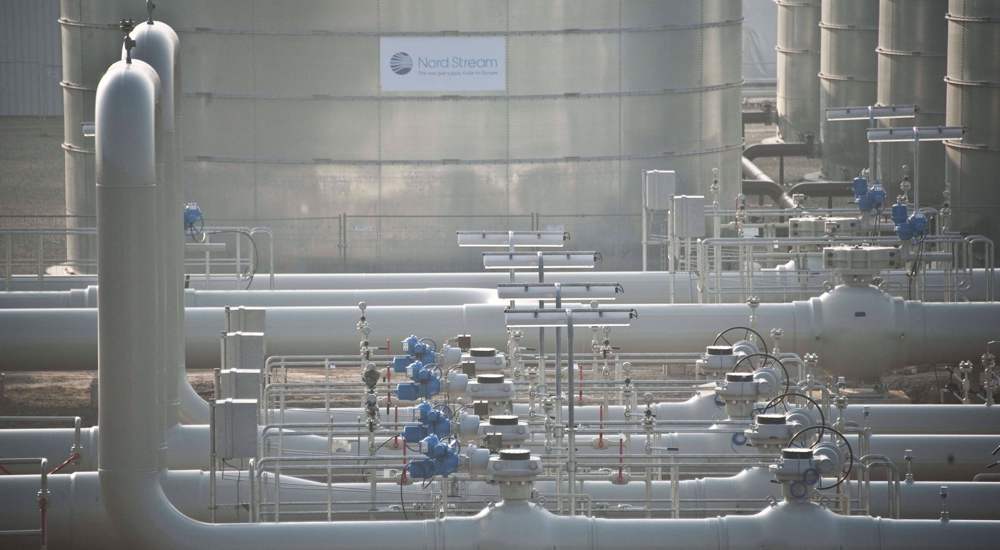
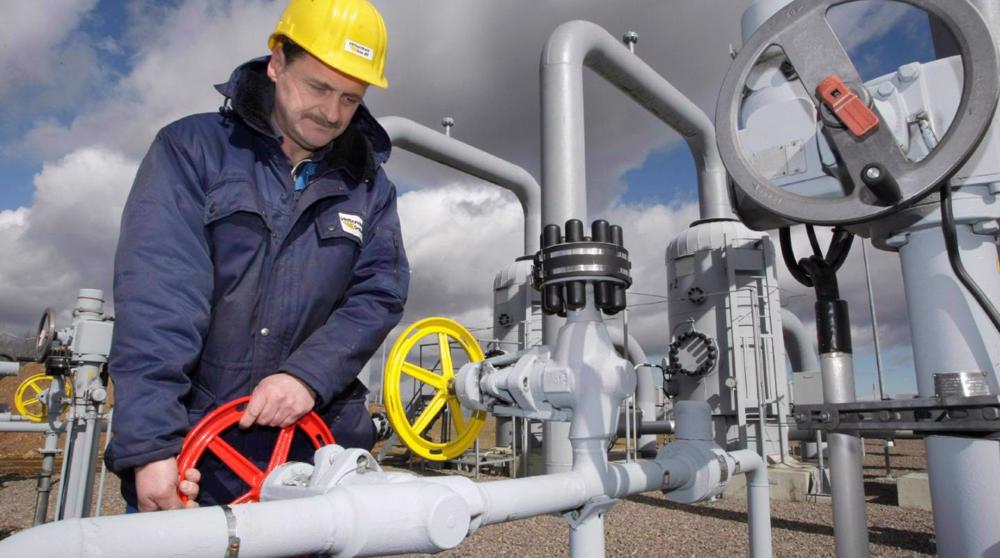
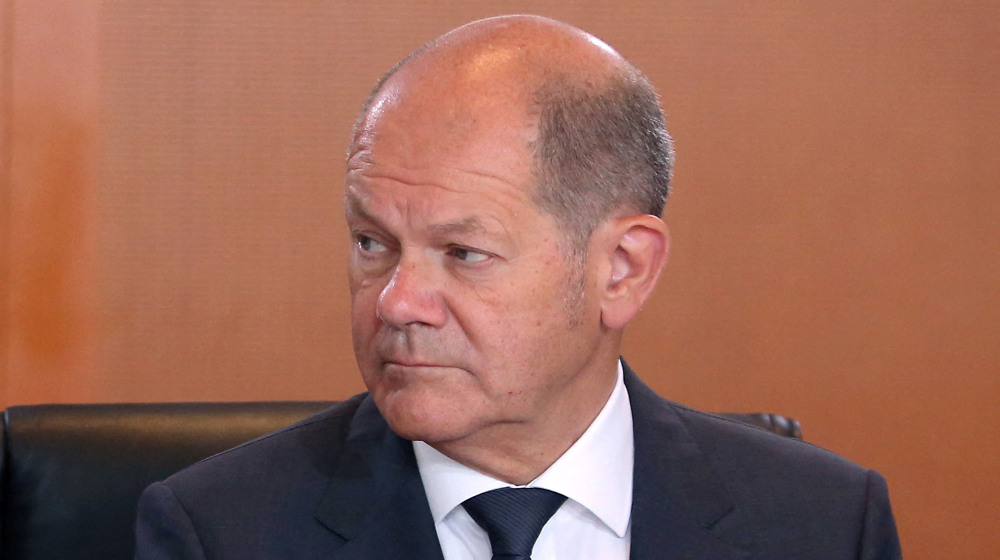
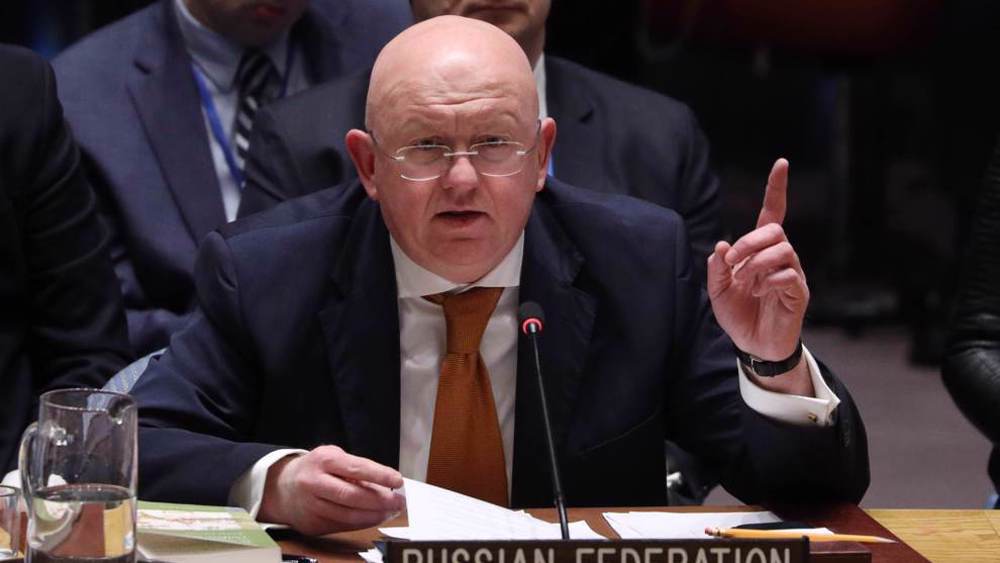
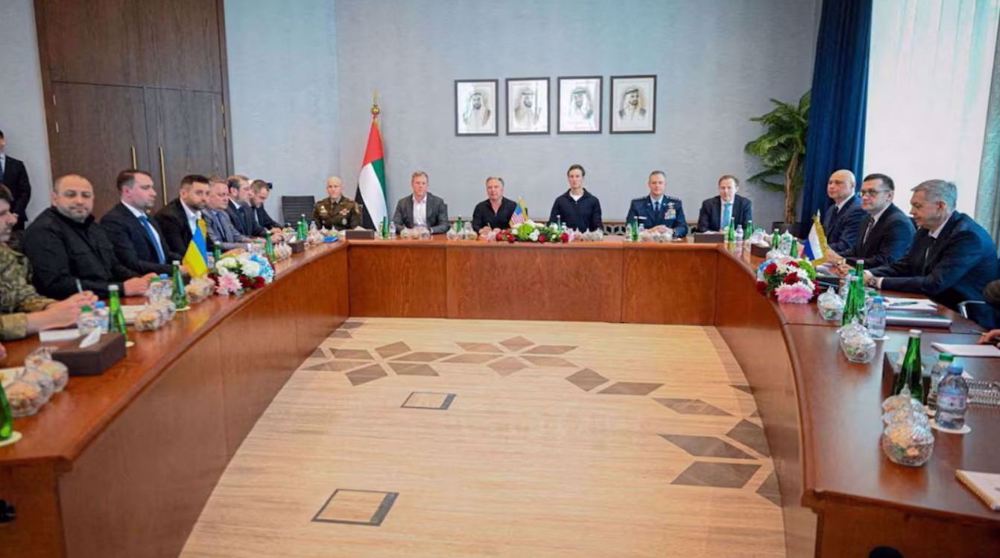
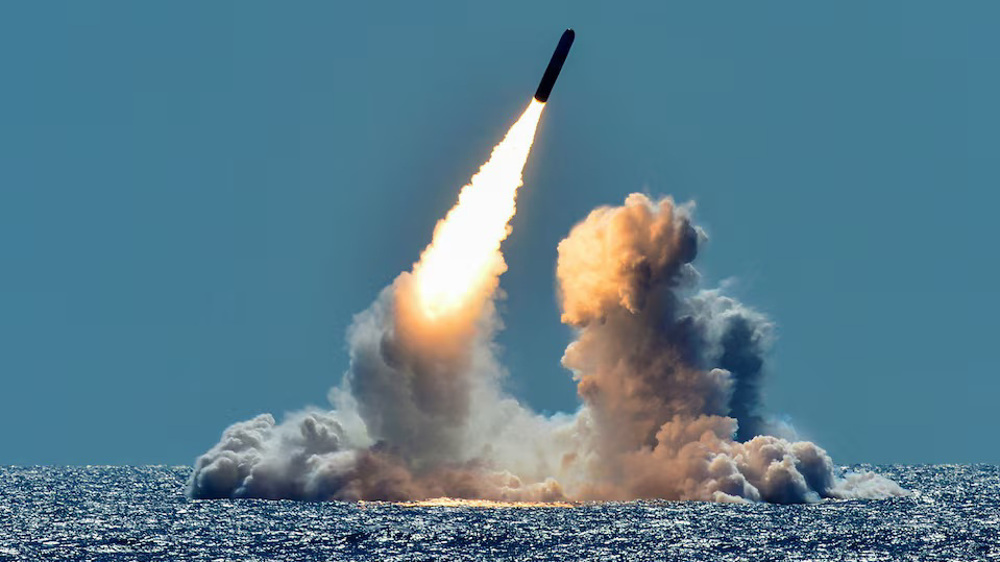




 This makes it easy to access the Press TV website
This makes it easy to access the Press TV website